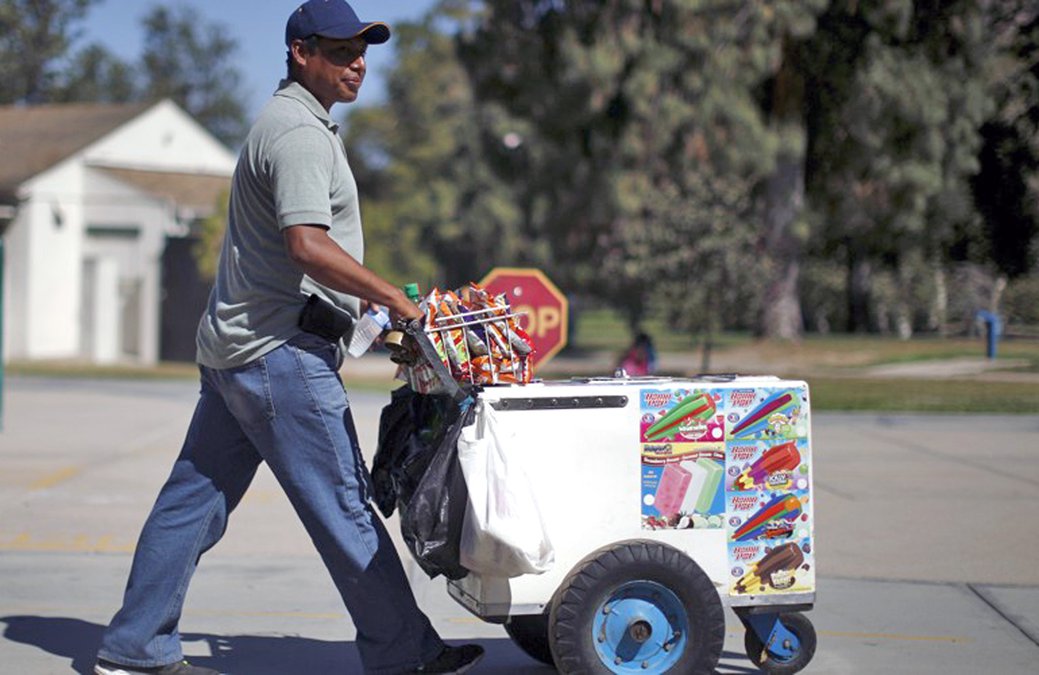Local laws concerning business licenses and regulations and streets and sidewalks were the chief items of discussion at last week’s Ceres City Council meeting.
The council is in the process of updating its extensive Municipal Code. Last week it took on Title 5 (Business Licenses and Regulations) and Title 12 (Streets and Sidewalks). Part of the process has been rearranging sections under new titles.
City Manager Toby Wells said the code today treats the business license as a revenue function without regulatory purpose. As it was drafted, it would take on a more regulatory function. Because the change would affect demands on city staff, Wells said he preferred regulatory as it only relates to collection of business license revenue.
A number of the changes proposed were brought on by the city’s legal staff after looking at the policies of other cities in the Valley.
Vice Mayor Linda Ryno asked about a new requirement to see five years’ worth of employment records of the person applying for a business license. She said she could understand why it would be asked of a person wanting to operate a massage parlor but no other circumstances. Wells said he would check with the city attorney about deleting the new requirement.
A discussion took place about regulations on patrol services that operate in Ceres. One proposed update would require the police chief to approve uniforms. Ryno asked Police Chief Rick Collins if he needs that kind of control. Collins said “if they look like us I would have a problem with that.” He said a review of existing patrol uniforms could be handled through discussions.
Ryno asked about a proposed change affecting public dancing, in particular why public dancing would be prohibited between 2:01 a.m. and 7 p.m. She wondered if that meant nobody could dance to music at the Ceres Street Faire. Wells said the section applied to a bar or club environment. Wells said it might be better to move that section into Title 18 (Zoning) and require conditional use permits rather than address it under the business license section.
Discussion followed about sidewalk vending. The city is in the process of updating the code affecting sidewalk vendors in light of the California State Legislature authoring and the governor signing into law SB 946. The new state law ties the hands of cities in controlling peddlers selling items on the street. The state does allow the city to require a business license and insurance. Food street vendors still are required to have a permit from the county Health Department.
SB 946 dictates what cities can and cannot charge for a business license, Wells noted. Mayor Chris Vierra said it was “stupid” that the state doesn’t require street vendors to pay the same taxes as do brick and mortar stores.
The news set off Vierra who looked out at the audience and said: “These folks are all out here wanting to have a clean community and we’re just going to close the door and then people can just start fixing food on the street. I mean, it’s stupid.”
Wells suggested the complaints need to be addressed to state legislators.
“So if I have an engineering firm here and I want to put a desk out on the sidewalk and run an extension cord, I wouldn’t have to pay the mill tax or anything?,” asked Vierra. “Is that what we’re saying?”
After City Attorney Tom Hallinan said there was a distinction between stationery and mobile, Vierra in partial jest suggested he could put wheels on the desk. He added that street vendors need to pay the same fees as brick and mortar stores.
“The premise behind that law was new businesses are started through sidewalk vending and they want to eliminate hurdles and impediments to those being successful,” said Wells. “So they wanted all the rules and requirements relaxed.”
Vierra said he wanted to keep the requirements the same and “let the sidewalk vendors sue us.”
In terms of insurance limits for businesses, Wells said most have $1 million policies but the risk management authority is recommending $2 million. He said with sidewalk vending near moving vehicles and the greater potential to have customers or vendors struck by a car, higher insurance limits might be prudent “to minimize that risk.”
Renee Ledbetter of the Ceres Chamber of Commerce voiced concerns about street vending saying they are not held to standards of access to hot water like food vendors at their events.
“I don’t know if they’re washing their hands so to me I would think that maybe one of the challenges would be the health issue and I don’t know how it’s addressed,” said Ledbetter. “That’s probably the biggest concern aside from the competition it’s being to our brick and mortars.”
Wells said street vendors are supposed to have access to sanitary facilities and abide by food safety laws.
The section on Streets and Sidewalks remains relatively unchanged. Wells posed one policy question and that was about or not residential properties should be responsible for pruning of street trees or should the city continue to. Wells said the city spends about $200,000 in taking care of street trees but the level of care is not ideal. Turlock has turned over maintenance of city-required trees in the public utility easement to the residents. Members did not support the idea of a change.
The items will be brought back to the council on Monday, Jan. 13.





